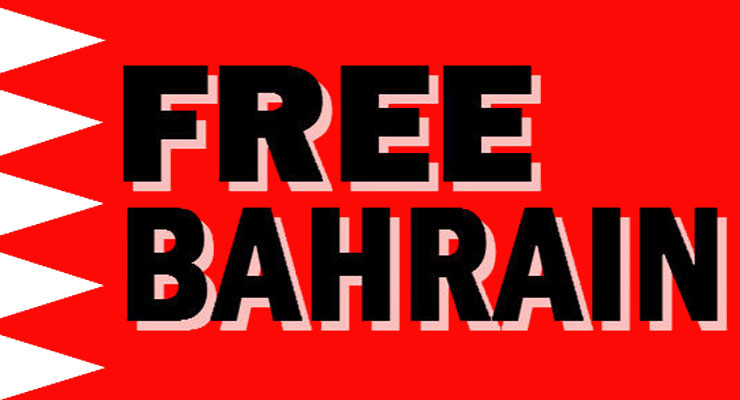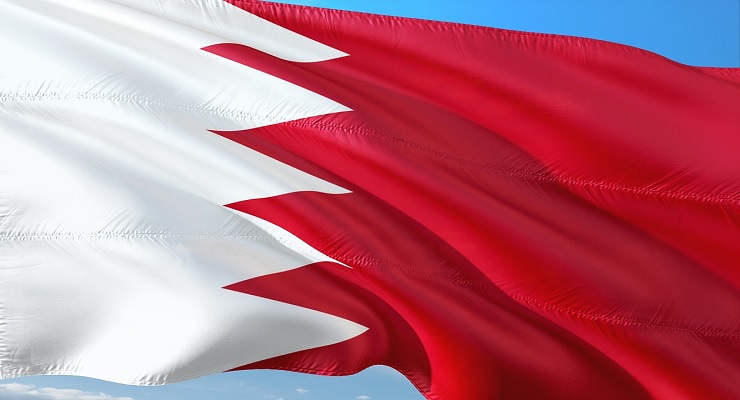
From the Human Rights Watch
(Beirut) – The upcoming parliamentary elections in Bahrain, scheduled for November 24, 2018, are occurring in a repressive political environment that is not conducive to free elections, Human Rights Watch said today. Bahrain’s allies should encourage the Bahraini government to take all the necessary steps to reform laws undermining freedom of expression and assembly and to release detained opposition figures.
In the latest instance of the crackdown on peaceful dissent, on November 13, 2018, a former member of parliament, Ali Rashed al-Sheeri, was detained after he tweeted about boycotting the elections. On November 4, the Bahrain High Court of Appeals overturned the previous acquittal of a prominent opposition member, Sheikh Ali Salman, sentencing him to life in prison on charges of spying for Qatar. Salman is the leader of Bahrain’s largest political opposition group, al-Wefaq, which was outlawed in 2016.
“By jailing or silencing people who challenge the ruling family and banning all opposition parties and independent news outlets, Bahrain is failing to create the conditions necessary for a free election,” said Lama Fakih, deputy Middle East director at Human Rights Watch. “Bahrain should immediately release political prisoners and review its decisions to shutter independent news outlets and political opposition groups.”
Since the nationwide anti-government protests in 2011, Bahraini authorities have arrested scores of prominent human rights defenders, journalists, lawyers, and opposition leaders, charging them on dubious terrorism or national security grounds, mostly for peaceful acts of protest. Security forces have been responsible for torture and widespread ill treatment of detainees and have dispersed peaceful protests with deadly force. The government has also dissolved all opposition political groups, including the secular-left National Democratic Action Society (Wa’ad) and the al-Wefaq National Islamic Society. In 2017, the last independent newspaper in the country, al-Wasat, was forcibly closed.
On June 11, King Hamad signed an amendment to the Law on the Exercise of Political Rights that bans anyone who belonged to a dissolved political organization or who was previously convicted and sentenced to more than six months in prison from running for political office. This legislation effectively disqualifies opposition candidates from participating in the upcoming elections.
See full report here.

Leave a Reply